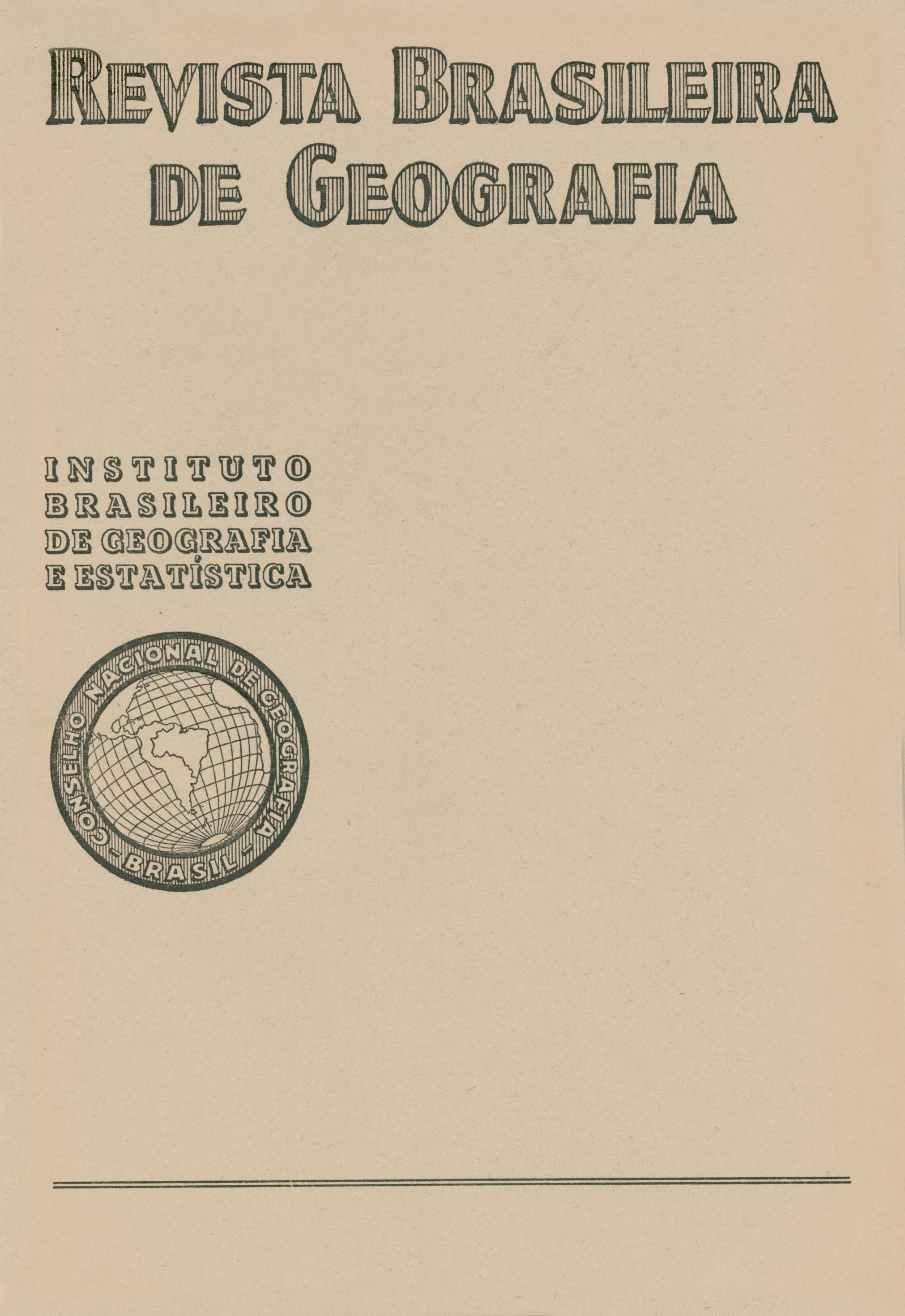Raízes tropicais do Nordeste
Palavras-chave:
Brasil – Nordeste;, Geografia Econômica;, Geografia da População.Resumo
A phase of boasting, started with Pêro Vaz Caminha, which diminished the Man, is now being substituted for a phase of realism as a consequence of the better knowledge of the world. The author of this article Mr Sousa Barros, points out the inferiority of the tropical soil in relation to the soil of the temperate ones and states that the forest extraction industry, in addition to the extensive culture of sugar cane, contributed to the denudation of the soil, the development of erosion and the general impoverishment of the Northeastern country.
The author states that the native, who is said to be greatly responsible for the erosion, is not to blame entirely as the lack of rain in that region contributes to a great extent to the evil. Referring to the reproachable practice of burning out the woods, he shows that although it is prejudicial to the soil, on the other hand the ashes left "in loco" favor its fertilization. The European immigrants preferred the Southern part of Brazil not only because of the mote favorable conditions of its climate but also due to the better yield of its soil. The author cites a few instances of rice and maize production per area unit in various regions of the world and compares the production of sugar cane, cotton, manioc and maize in Pernambuco and São Paulo to prove that the soil in the South of Brazil is superior to that of the Northeast.
The author then treats on the health condition of the worker, stating that the natural selection is the principal factor of strengthening of the population. He bases his statements on the States of Brazil He finishes his article pointing out that the people in the Northeast have·reacted against the toughness of the country, adapting themselves to an arduous work, whereas the foreign colonist failed there due to the unfavorable conditions of the climate.






